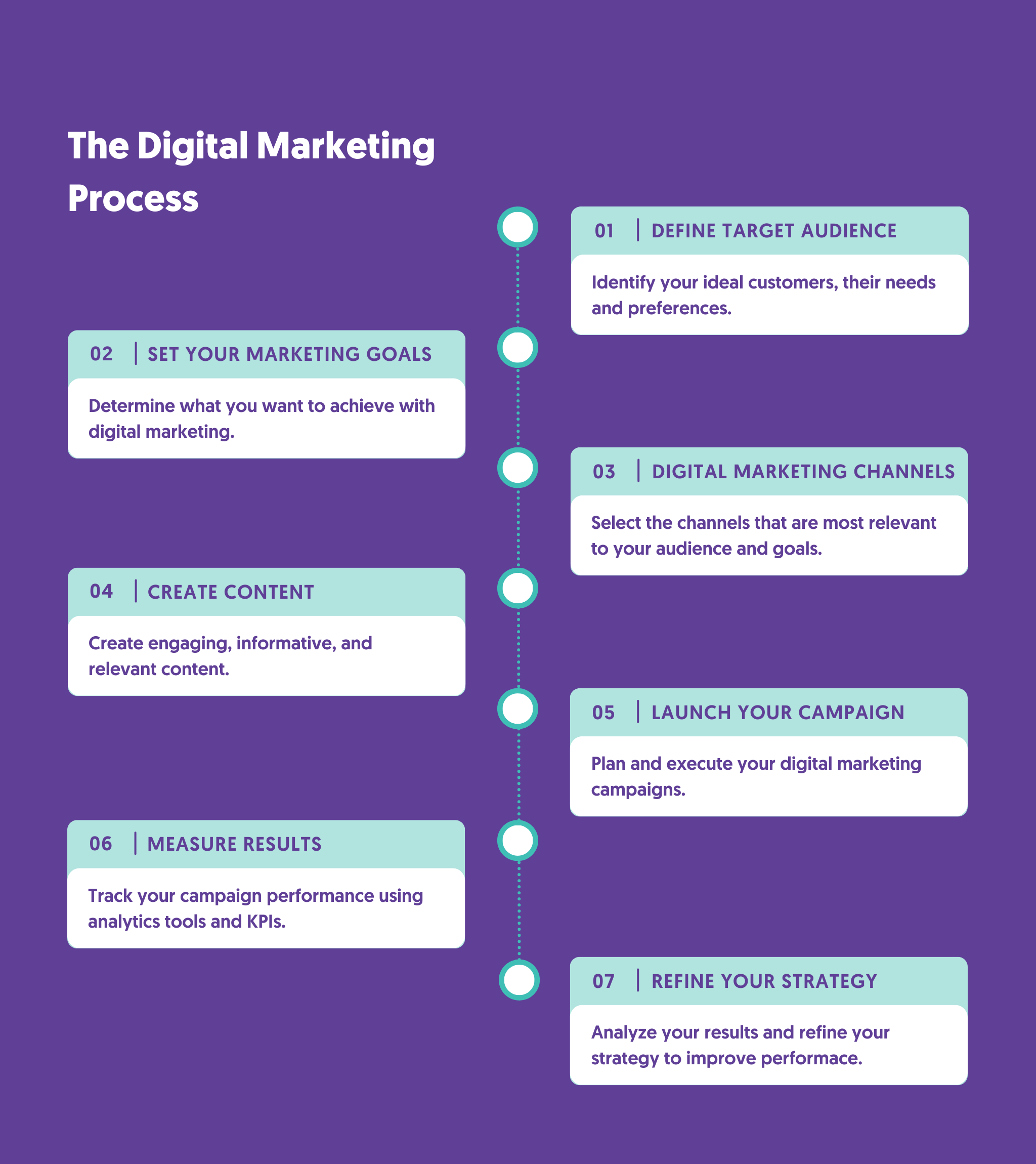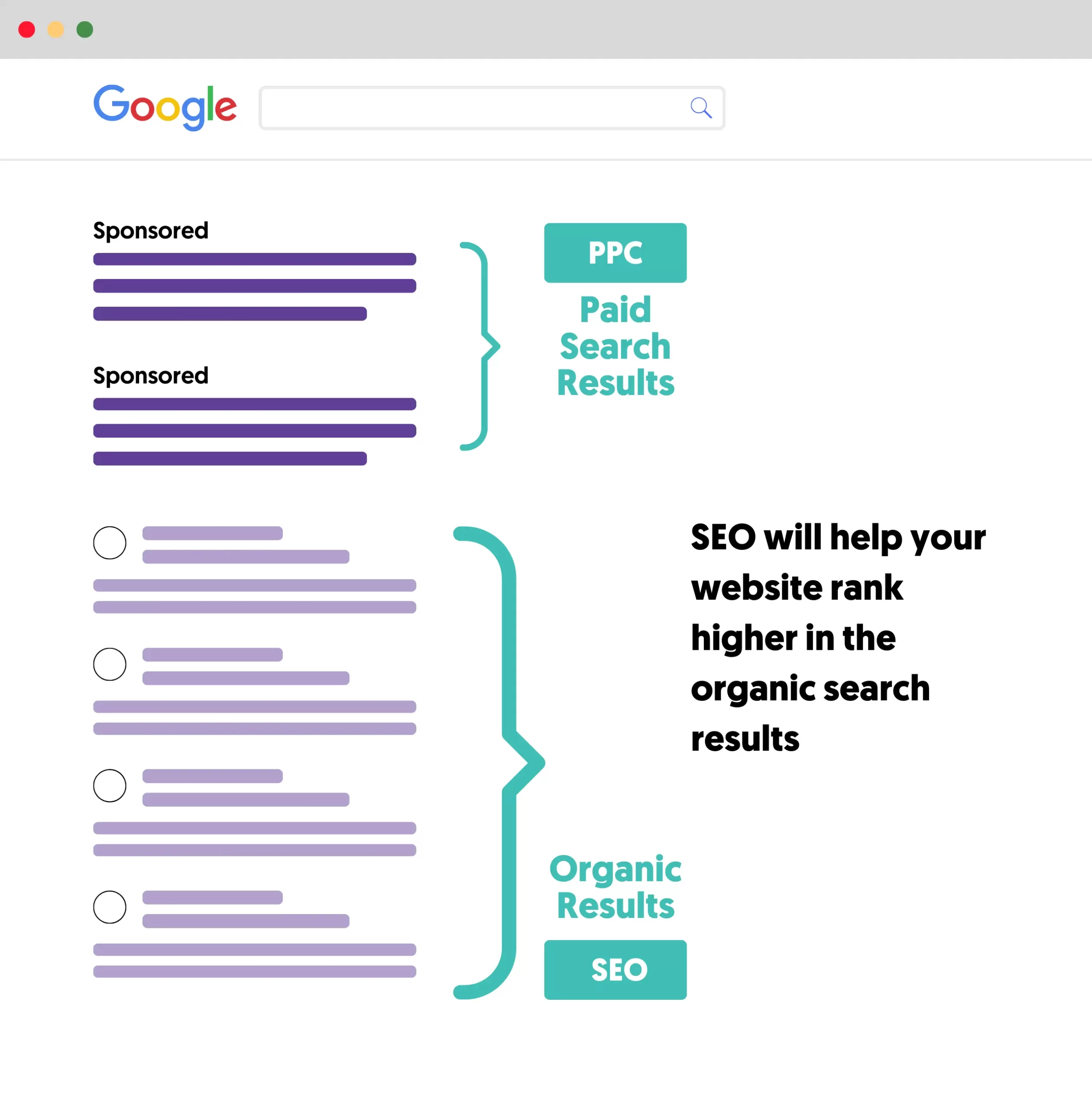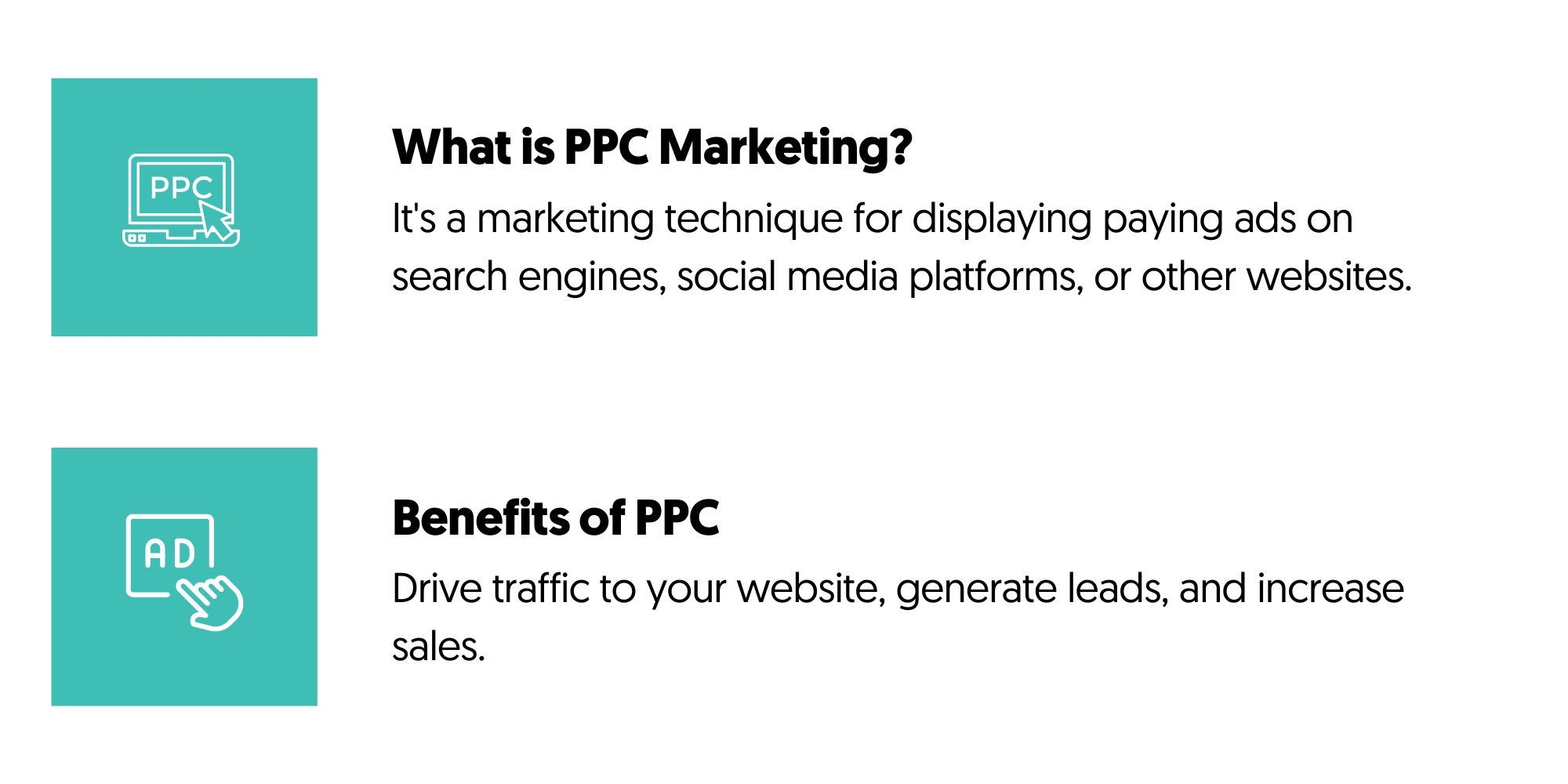Digital marketing has become an essential component for businesses striving to connect effectively with their customers. As companies increasingly shift towards online interactions, beginners in digital marketing must grasp key concepts, strategies, and tools to navigate this dynamic field. This report outlines foundational knowledge for beginners, drawing from a variety of authoritative sources.
The Fundamentals of Digital Marketing

At its core, digital marketing encompasses all marketing activities conducted online, implementing various channels to foster engagement and conversion. Unlike traditional marketing, which relies heavily on offline media, digital marketing leverages the internet and electronic devices to reach a broader audience. This transition offers businesses enhanced geographic reach, personalization, and quantifiable results[4][10].
Beginners should understand that digital marketing isn't just about technical skills; it's fundamentally about marketing principles. The primary goal is to forge meaningful connections with potential customers through targeted campaigns that speak directly to their interests and needs. Digital marketing uses strategies tailored to consumer behavior in the digital landscape, driving brand awareness and customer loyalty[5].
Key Components of Digital Marketing
Several core components form the backbone of effective digital marketing strategies. Understanding these elements is crucial for anyone starting in this field:
Search Engine Optimization (SEO): SEO involves optimizing web content to improve rankings on search engine results pages (SERPs). This process includes keyword research, on-page and off-page optimization, and technical SEO. Mastery of SEO is vital as it directly impacts a website's visibility and traffic[10].

title: 'SEO and PPC' and caption: 'a screenshot of a computer' Content Marketing: This strategy focuses on creating valuable content that attracts and retains a clearly defined audience. Content marketing can take many forms, including blogs, videos, infographics, and more. The key is to provide informative and engaging materials that resonate with potential customers, establishing the brand as an authority in its field[10].

title: 'Content Marketing' and caption: 'a white background with black text' Social Media Marketing: Social media platforms offer a unique avenue for engaging directly with consumers. Effective social media marketing strategies require understanding the platforms where your target audience spends time, crafting relevant content, and leveraging analytics to refine approaches[6][10].

title: 'Social Media Marketing' and caption: 'a white text on a white background' Email Marketing: This traditional yet effective digital channel allows businesses to connect with customers through personalized communications. Beginners should focus on building opt-in email lists and crafting targeted email campaigns that nurture leads and drive conversions[5].

title: 'Email Marketing' and caption: 'a white background with black text' Pay-Per-Click Advertising (PPC): PPC advertising is a method for driving traffic to websites through paid ads, often on search engines and social media platforms. Understanding how to effectively manage PPC campaigns can provide immediate visibility and targeted reach to specific audiences[10].

title: 'PPC Marketing' and caption: 'a white background with black text'
Developing a Digital Marketing Strategy
For beginners, crafting a digital marketing strategy is essential. This involves several steps:
Defining Goals: Establish clear, measurable goals that align with business objectives. For example, increasing website traffic, generating leads, or boosting sales are common digital marketing goals[2][5].
Understanding the Target Audience: A deep understanding of the target audience's demographics, interests, and online behavior is crucial. Developing buyer personas can help tailor marketing messages and select appropriate channels[8][9].
Choosing the Right Channels: Depending on where the target audience is most active, beginners should prioritize specific digital channels—social media, email, search engines, etc.—and align their marketing efforts accordingly[4].
Content Planning: Create a content strategy that integrates all aspects of digital marketing. Establish a content calendar that ensures consistency and relevance across various platforms and formats[8][9].
Monitoring and Metrics: Use analytics tools to track performance against established KPIs. Regularly analyzing metrics can help refine strategies, ensure alignment with objectives, and optimize future campaigns[5][8].
Continuous Learning and Adaptation
Digital marketing is an ever-evolving discipline. Trends shift rapidly with technological advancements and changing consumer preferences. Therefore, continuous learning is vital for beginners to stay informed about the latest tools, best practices, and emerging trends. Participation in webinars, courses, and industry events can provide valuable insights[2][7].
Conclusion
For beginners, entering the field of digital marketing can be overwhelming but ultimately rewarding. By understanding the foundational concepts, mastering the essential components, developing a strategic approach, and committing to lifelong learning, aspiring digital marketers can effectively engage with their audiences and drive tangible results for their businesses. Embracing the dynamic nature of digital marketing will position newcomers for success in a rapidly changing landscape[1][5].
Get more accurate answers with Super Pandi, upload files, personalized discovery feed, save searches and contribute to the PandiPedia.
Let's look at alternatives:
- Modify the query.
- Start a new thread.
- Remove sources (if manually added).